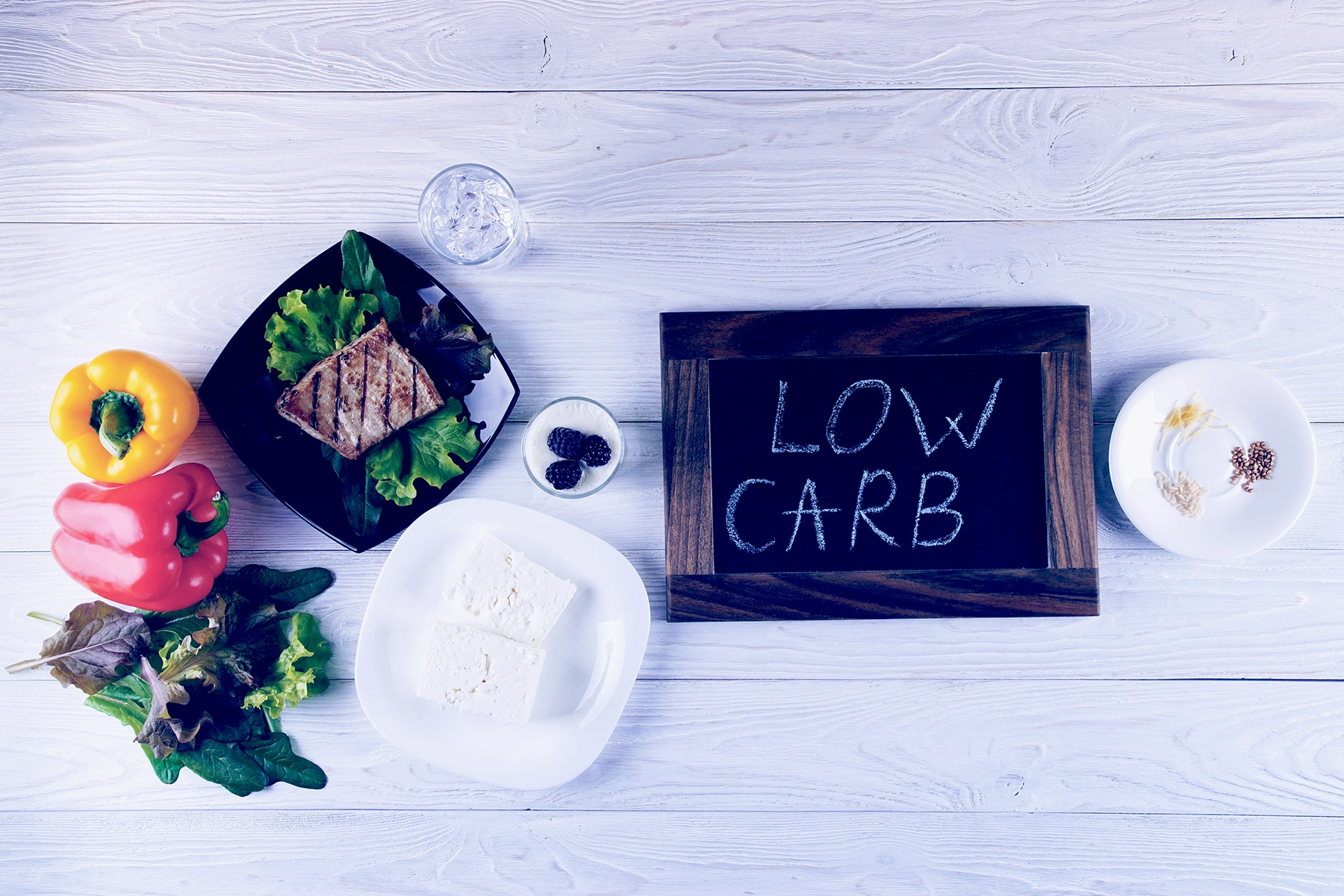
Can adjusting your macronutrient intake help maintain resting energy expenditure (REE) after a diet? This new study synthesizes the latest research, offering insights on how carbohydrates can impact your metabolic rate following weight loss.
Overview
What did they find? This study evaluated how the percentage of low (≤20%), moderate (21-30%) or high (>30%) carbohydrate, fat, and protein intake changes REE after minimal (≤5%) or moderate to high (>5%) weight loss.
What did they test? In those who experienced moderate to high weight loss, a 1% increase in carbohydrate intake was associated with a reduction of 2.30 kcal/day in REE, a 1% increase in protein and fat intake was correlated with an increase in REE by 3.00 and 0.50 kcal/day, respectively.
What does it mean for you? While there may be a beneficial effect of substituting fats for carbohydrates in reducing the diet-induced decline in REE in individuals experiencing moderate to high weight loss (>5%), the magnitude of the benefit is questionable, and is unlikely to impact fat loss. Also, this meta-analysis has limitations which means the results should be interpreted with caution.
What’s the problem?
Purpose
There are several types of diets people use to lose weight. Previous meta-analyses suggest that as long as a diet is adhered to, most are effective in causing weight loss, irrespective of dietary macronutrient compositions 1 2. A closer examination of these meta-analyses reveals that lower carbohydrate (low-CHO) diets might have a small advantage over others. For example, low-CHO caused slightly more weight loss than low-fat diets over six months in a recent network meta-analysis (-4.63 v -4.37 kg) 1.
Table 1. Examples of diets based on macronutrient composition
| Type of Diet | Popular Diets* | Carbohydrates, % kcal | Protein, % kcal | Fat, % kcal |
|---|---|---|---|---|
| Low carbohydrates | Atkins, South Beach, Zone | ≤ 40 | Approximately 30 | 30-55 |
| Moderate macronutrients | Biggest Loser, DASH, Jenny Craig, Mediterranean, Portfolio, Slimming World, Volumetrics, Weight Watchers | Approximately 55-60 | Approximately 15 | 21-≤30 |
| Low fat | Ornish, Rosemary Conley | Approximately 60 | Approximately 10-15 | ≤20 |
After a diet, resting energy expenditure (REE) is decreased due to a reduction in body weight. Some research has shown that a low-CHO diet may prevent these declines 4. Specifically, one study found REE decreased less with a low-CHO diet compared with a low-fat diet 4. Others have found no differences on REE changes in high vs low carbohydrate diets 3. Since REE contributes to two-thirds of total energy daily expenditure (TDEE), its preservation following weight loss could help people maintain their weight loss after a diet 5. Therefore, the purpose of the current review and meta-analysis was to determine the level of evidence on macronutrient dietary patterns on weight management, with a focus on changes in the REE following weight loss.
Hypothesis
The authors did not state a specific hypothesis; rather, they used a meta-analysis to evaluate the overall impact of different dietary macronutrient compositions on REE following weight loss.
If you would like to continue reading...
Reps: A Biolayne Research Review
Only $12.99 per month
- Stay up to date with monthly reviews of the latest nutrition and exercise research translated into articles that are easy for anyone to understand.
- Receive a free copy of How To Read Research, A Biolayne Guide
- Learn the facts from simplified research
About the author

Brandon Roberts
Brandon Roberts serves as the Chief Science Officer at Tailored Coaching Method. He has a PhD in Muscle Biology, an MS in Human Performance, and a BS in Molecular Biology, along with over a decade of experience as a strength coach. He completed a prestigious NIH postdoctoral fellowship in Exercise Medicine and Nutrition at the...[Continue]
More From Brandon




